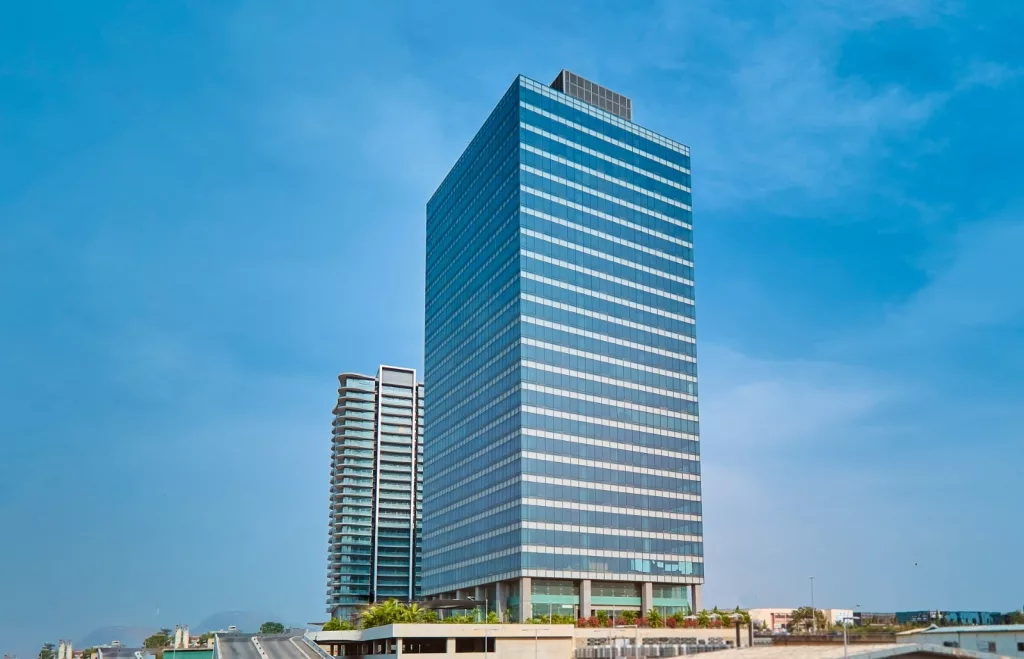Unveiling the Legacy of MKO Abiola: “Kashimawo”

Kashimawo: A Historical Play on MKO Abiola’s Life and Legacy
Estimated Reading Time: 7 minutes
Key Takeaways
- "Kashimawo" is a historical play depicting MKO Abiola's impact on Nigeria's democracy.
- The play premiered in Lagos in March-April 2024 and will debut internationally in London on October 4-5, 2025.
- Directed by Professor Rasaki Ojo Bakare and produced by Tayo Elesin, it features veteran Nigerian and international actors.
- The play aims to educate audiences about Nigeria's socio-political history and Abiola's enduring legacy.
- Voice of Nigeria actively promotes this cultural initiative as a means of preserving Nigerian stories globally.
Table of Contents
- Introduction
- The Life of MKO Abiola
- The Play "Kashimawo"
- Themes and Significance of the Production
- The Role of Voice of Nigeria
- Conclusion
- FAQ
Introduction
The upcoming play "Kashimawo" is not just a production; it's a window into the rich tapestry of Nigerian history. Set to debut internationally in London on October 4 and 5, 2025, at the prestigious Shaw Theatre, this play captures the life and legacy of one of Nigeria's most significant political figures, Moshood Kashimawo Olawale Abiola (MKO Abiola). It dramatizes his struggles, triumphs, and the socio-political landscape of Nigeria during his time.
Produced by Tayo Elesin under Elesin Productions and directed by the acclaimed Professor Rasaki Ojo Bakare, "Kashimawo" highlights MKO Abiola's historic victory in the annulled 1993 presidential election and the political turmoil that followed. This play not only focuses on Abiola's life but also serves as a symbol of the ongoing battle for democracy in Nigeria.
The Life of MKO Abiola
MKO Abiola was a businessman and politician whose life was intricately woven into Nigeria's socio-political fabric. Here are some significant milestones:
- Business Success: Before entering politics, Abiola was a thriving businessman who accumulated substantial wealth.
- Historic Election: In 1993, he emerged victorious in Nigeria’s presidential election—an event marked by widespread enthusiasm among the populace.
- Political Martyrdom: Following the annulment of the election results, Abiola became a symbol of democratic aspirations, advocating for political rights until his untimely death in 1998.
Abiola’s story is one of resilience in the face of injustice, making his life a compelling narrative for both local and international audiences. His contributions to Nigeria's democracy continue to resonate today, emphasizing the significance of political engagement in the nation. For further reading, see more about MKO Abiola's life here.
The Play "Kashimawo"
"Kashimawo" debuted in Lagos in March-April 2024 before its international showing in London. The play encapsulates various facets of MKO Abiola's life. Here are some key details:
-
Production Team: The play is produced by Tayo Elesin, with direction by Professor Rasaki Ojo Bakare. Elesin Productions is known for its commitment to enlightening narratives.
-
Veteran Actor: Biodun Abbey stars as the lead character, Kashimawo, bringing depth to Abiola’s complex character.
-
International Cast: Alongside Abbey, the play features an array of international actors, further enhancing its appeal and cultural connection across borders.
-
Cultural Context: "Kashimawo" aims to bring significant Nigerian history to the forefront, engaging European and diaspora audiences who may not be familiar with Nigeria’s political struggles.
This production is not merely about recounting history but serves as a powerful educational tool, allowing audiences to reflect on past events while considering their relevance to contemporary political issues.
To learn more about the play's debut and its cultural significance, visit here.
Themes and Significance of the Production
The play "Kashimawo" delves into several critical themes that resonate deeply in today's socio-political climate:
-
Democracy vs. Tyranny: Abiola's story exemplifies the fight for democratic rights against authoritarian rule. The dramatization invites reflection on current political challenges in Nigeria and across the globe.
-
Legacy and Memory: By portraying MKO Abiola as a historical figure of struggle and determination, the play honors his legacy and emphasizes the importance of remembering past leaders who championed justice.
-
Spiritual Dynamics: The narrative intertwines elements of societal and spiritual beliefs, reflecting the cultural background that influenced Abiola's destiny, often described as “the mischief of the gods.” This aspect of the play introduces audiences to the rich cultural narratives that shape Nigerian identity.
-
Educational Value: "Kashimawo" serves as a tool for educating audiences about Nigeria's political history, prompting discussions about democracy's significance and the sacrifices made in its name.
Through engaging storytelling and thoughtful exploration of complex themes, "Kashimawo" aims to inspire not just appreciation for Nigerian heritage, but also a critical understanding of ongoing political struggles. For further context about this production and its broader implications, check more detailed coverage here.
The Role of Voice of Nigeria
The Voice of Nigeria (VON) plays a crucial role in promoting "Kashimawo." Aiming to raise awareness of Nigerian culture and history on a global platform, VON connects this theatrical event to larger efforts in storytelling and cultural preservation. Some key points about VON’s involvement include:
-
Global Promotion: VON highlights the significance of the play, framing it as an essential cultural exchange that honors MKO Abiola’s contributions to Nigeria.
-
Educational Goals: The agency seeks to inform international audiences about Nigerian history, fostering appreciation for its rich culture through initiatives like "Kashimawo."
-
Cultural Representation: By supporting the play, VON underscores its mission of amplifying Nigerian voices and narratives, demonstrating the power of art in cultural diplomacy.
The connection between VON and the play is significant—it showcases an institutional commitment to the preservation of Nigerian historical memory. This partnership not only serves to entertain but also educates and enriches viewers’ understanding of Nigeria’s political evolution. More details can be found in the VON articles here.
Conclusion
"Kashimawo" stands as a powerful testament to the life of MKO Abiola and the complexities of Nigeria's political history. With its international debut on the horizon, the play is set to engage diverse audiences, unraveling narratives that resonate with the quest for democracy and justice.
As a cultural initiative supported by the Voice of Nigeria, "Kashimawo" aims to shed light on significant aspects of Nigeria's history, making it essential viewing for anyone interested in the intersection of politics, culture, and storytelling.
By bringing such a monumental figure's story to life, "Kashimawo" invites spectators to reflect on the past and consider how it shapes the present. The legacy of MKO Abiola continues to inspire, making the play a celebration of hope, resilience, and the ongoing fight for democracy.
FAQ
1. What is "Kashimawo" about?
"Kashimawo" is a historical play that dramatizes the life and legacy of MKO Abiola, showcasing his struggles for democracy in Nigeria and the socio-political challenges he faced.
2. When does "Kashimawo" premiere in London?
The play is set to debut internationally in London on October 4 and 5, 2025, at the Shaw Theatre.
3. Who is involved in the production of "Kashimawo"?
Produced by Tayo Elesin and directed by Professor Rasaki Ojo Bakare, the cast includes veteran Nigerian actor Biodun Abbey, among an international ensemble.
4. What themes does "Kashimawo" explore?
The play explores significant themes such as democracy, legacy, political struggle, and the cultural narratives surrounding MKO Abiola’s life.
5. How does Voice of Nigeria support the play?
Voice of Nigeria promotes "Kashimawo" as part of its mission to elevate Nigerian narratives on a global stage and educate audiences about Nigeria's rich cultural and political history.











